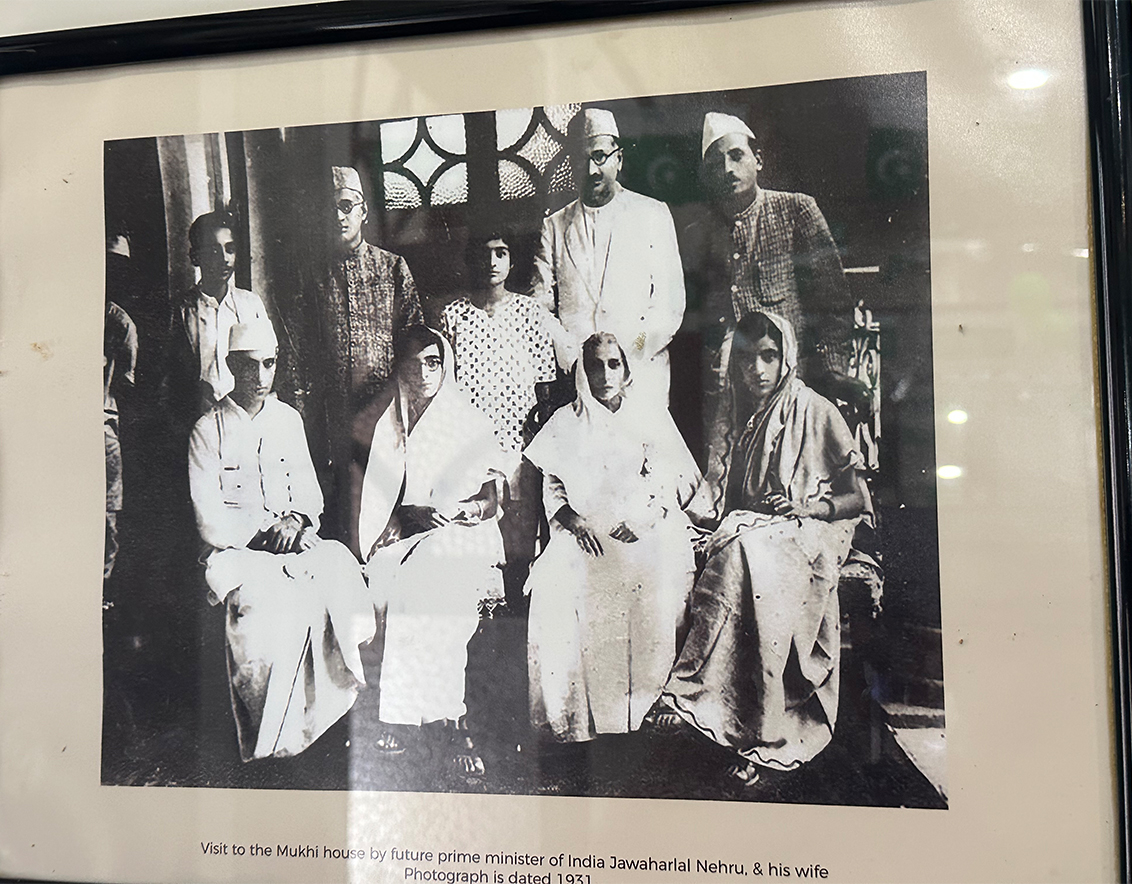KARACHI: Pakistan’s central bank plans to complete a pilot project for a digital currency within the current fiscal year ending June 2026, its spokesperson said on Friday, as the country cautiously moves toward adopting blockchain-based payments and strengthening oversight of its virtual asset economy.
The pilot announcement follows the establishment of the Pakistan Virtual Assets Regulatory Authority (PVARA) through a presidential ordinance earlier this week.
The law empowers the authority to regulate the country’s growing crypto market, crack down on money laundering and terror financing, and promote responsible innovation — a move analysts say could bring an estimated $25 billion in virtual assets into the tax net.
“We hope to complete the pilot within the current fiscal year,” Noor Ahmed of the State Bank of Pakistan (SBP) told Arab News when asked about the rollout timeline. “Tech partner and other details will be announced in due course.”
Shankar Talreja, head of research at Topline Securities, said it was too early to say who would use the digital currency, since a pilot was still being launched, though he said it could benefit most bank account holders.
“Since this would be backed up [by the] central bank, so existing digital payment users can use this for payments,” he said. “The challenge would be if merchants accept this initially.”
The South Asian nation had long remained under scrutiny for weak financial controls and was only removed from the Financial Action Task Force’s (FATF) “grey list” in 2022. The creation of PVARA is seen as part of Islamabad’s broader effort to cautiously formalize the virtual asset space.
“The legality of digital assets has been a grey area in Pakistan in the recent past from a practical standpoint,” said Nayab Babar, the chief investment officer at the Prime Minister’s Pakistan Startup Fund.
“Creation of the crypto council is an extremely important development which gives confidence to consumers and corporates alike, that there is a way forward to legally participate in this booming asset class without fear of losing money,” he added.
Farrukh H. Khan, the chief financial officer at Jazz, Pakistan’s largest digital operator and a unit of global telecom giant VEON, also welcomed the new regulatory measures.
“It is the right approach that we pilot it and cautiously move forward,” he said while pointing out the government’s decision would help document Pakistan’s “very large” base of crypto investors.
“According to Binance, which is one of the largest [digital] trading platforms, about 15 million Pakistanis are registered on their platform,” he said.
To integrate digital assets into the economy, the government earlier launched the Pakistan Crypto Council (PCC) in March and later appointed Binance founder Changpeng Zhao as a strategic adviser.
The move has been welcomed by retail traders like Muhammad Huzaifa, who said the lack of legal cover had previously left crypto investors vulnerable.
“Sometimes few government institutions like the FIA [Federal Investigation Agency] freeze the bank accounts of traders,” said the 33-year-old.
“These laws will lend more freedom and space for traders as they can buy, sell and invest in crypto easily without any fear,” he added.
Asked about his digital holdings, he said he was managing multiple accounts “between $50,000 to $100,000.”
Farhan Hassan, the chief digital officer at easypaisa Digital Bank (eDB) with over 50 million users, praised the creation of PVARA as a key step toward safer adoption.
“Pakistan has long been poised for broader crypto and blockchain adoption, but it lacked the regulatory clarity to unlock its full potential,” he said.
“This landmark development sets the foundation for a secure, transparent and regulated framework to guide the growth of virtual assets in Pakistan.”
Hassan added that eDB was “uniquely positioned” to collaborate with regulators in piloting, testing, and scaling financial solutions aligned with both global standards and local needs.
CHALLENGES
Still, analysts caution that implementation could be challenging due to the government’s institutional capacity.
“The regulators may lack technical capacity and real-time monitoring tools to fully oversee crypto markets,” said Muhammad Waqas Ghani, head of research at Karachi-based JS Global Capital.
He maintained that Pakistan’s stock market was a more regulated and secure investment option, offering greater protection against fraud and manipulation compared to the still-evolving crypto space.
Pakistan may also require the International Monetary Fund’s approval if it plans to subsidize electricity for future crypto mining and AI data centers.
“[The IMF] staff reiterated the importance of maintaining a level playing field for all private sector participants and will continue to engage with the authorities on this as appropriate as plans develop further,” Mahir Binici, the IMF’s resident representative in Pakistan, said this week.
Talal Ahmad, an official from the office of State Minister on Blockchain and Crypto Bilal Bin Saqib, did not provide any details in response to Arab News queries.
“A lot of these questions don’t have answers at the moment. Could you wait until we pass the regulation law [from parliament]?” he said.
Asked who would be the first users of Pakistan’s digital currency, SBP’s Ahmed said the central bank would share such details at a later stage.
Pakistan’s push follows the example of countries like India, which launched a pilot e-rupee in 2022.
The Reserve Bank of India initially allowed selected banks to use it for settling secondary-market transactions in government securities before extending it to the retail sector.




















